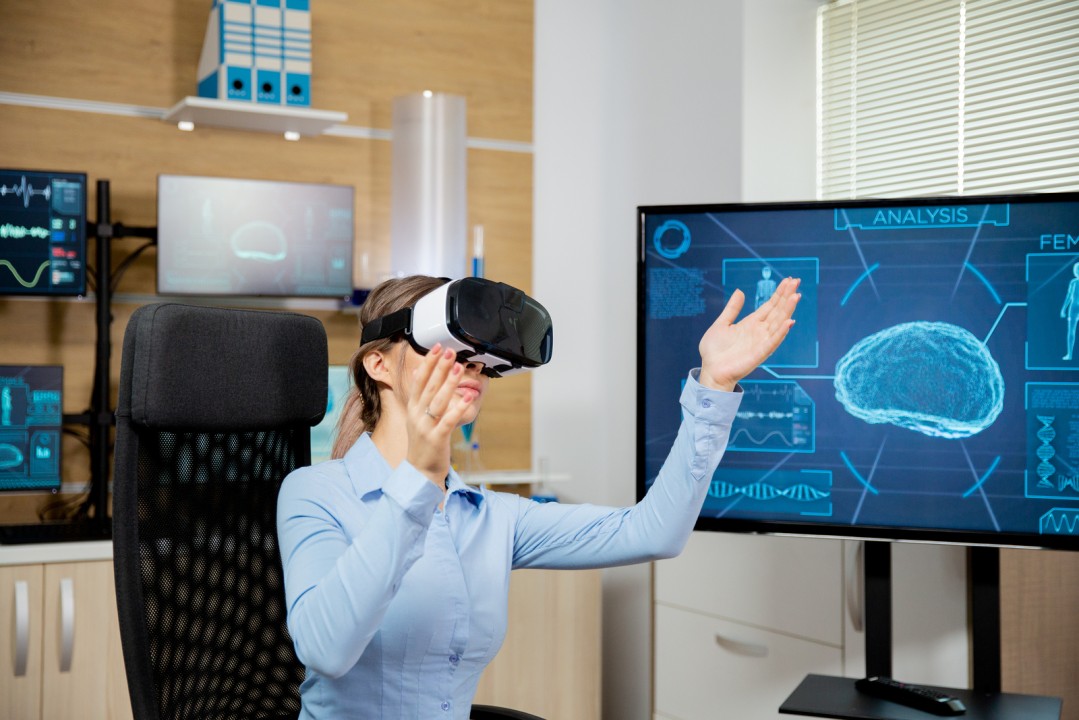In the ever-evolving landscape of technology, the concept of virtual labs has emerged as a game-changer. As businesses and educational institutions seek innovative solutions, the virtual lab stands at the forefront, offering a dynamic and immersive experience. In this article, we delve into www.ctnewswire.com/ the intricacies of virtual labs, exploring their significance, applications, and the impact they have on various sectors.
Understanding Virtual Labs
What are Virtual Labs?
Virtual labs are digital simulations that replicate physical environments for experimentation, analysis, and learning. They provide a simulated experience that mimics real-world scenarios, allowing users to conduct experiments, test hypotheses, and gain practical knowledge in a controlled virtual space.
Significance in Education
In the realm of education, virtual labs have revolutionized traditional teaching methods. They offer a hands-on experience without the limitations of physical resources. Students can engage in experiments across diverse subjects, fostering a deeper understanding of complex concepts. The accessibility and flexibility of virtual labs make them invaluable tools for educators worldwide.
Applications Across Industries
Scientific Research
Virtual labs play a pivotal role in scientific research by facilitating experimentation in a controlled and reproducible environment. Researchers can test hypotheses, simulate experiments, and gather data without the constraints of physical apparatus.
Healthcare Training
In the medical field, virtual labs are transforming training methodologies. Medical students can practice surgeries, diagnose patients, and refine their skills in a risk-free virtual setting. This not only enhances their proficiency but also minimizes potential risks associated with traditional training methods.
Technology and Innovation
In the realm of technology, virtual labs are instrumental in product development and testing. Engineers and developers can simulate various conditions, ensuring the robustness and reliability of software and hardware products before they hit the market.
SEO-Friendly Best Practices
Keyword Integration: Virtual Lab Solutions
When optimizing content for search engines, strategically integrating keywords is crucial. For our focus on virtual labs, incorporating terms such as “virtual lab solutions,” “digital experimentation,” and “online lab simulations” enhances the article’s visibility on search engine result pages (SERPs).
Engaging Meta Descriptions
Crafting compelling meta descriptions that highlight the benefits of virtual labs in education, research, and industry applications encourages click-through rates from search users. An enticing meta description not only improves SEO but also entices readers to explore the article.
Quality Backlinks
Building quality backlinks to reputable sources within the virtual lab niche reinforces the article’s credibility. Search engines recognize these links as endorsements, elevating the content’s authority and ranking.
The Future of Virtual Labs
As technology continues to advance, the future of virtual labs looks promising. Enhanced realism, integration with emerging technologies like augmented reality (AR) and virtual reality (VR), and broader accessibility are on the horizon. Virtual labs are poised to become indispensable tools across various domains.
Conclusion
In conclusion, virtual labs represent a paradigm shift in how we approach learning, research, and development. Their versatility and applicability across industries underscore their significance in the digital age. As businesses and educational institutions embrace the potential of virtual labs, the landscape of innovation is set to expand exponentially.



